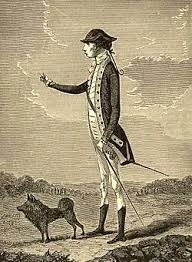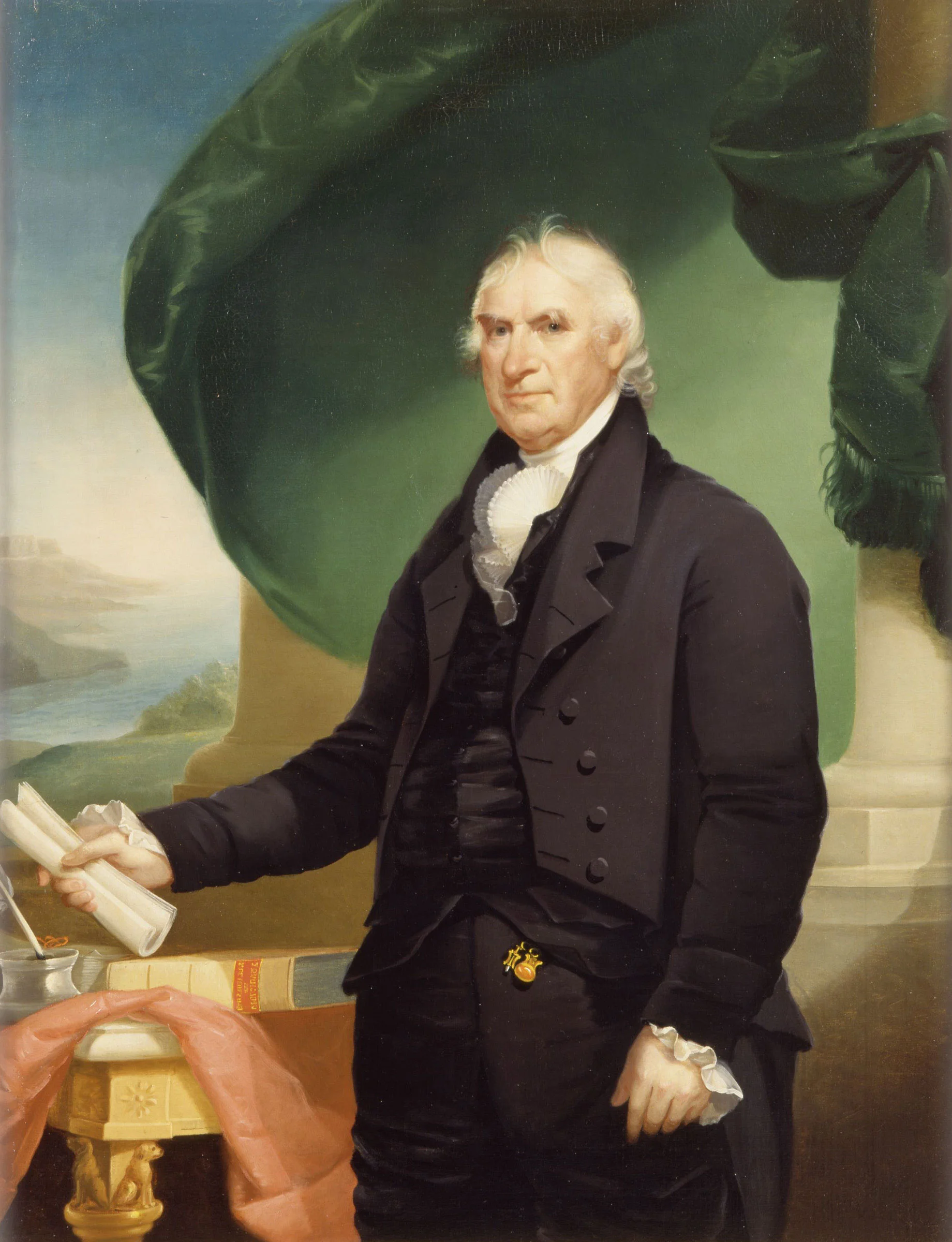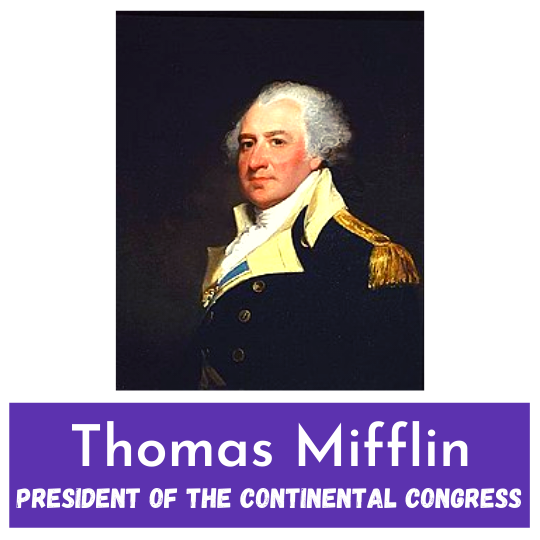Elias Boudinot Signs the Preliminary Articles of Peace
Elias Boudinot is another Founding Father whose role was primarily supporting the war from the conference table. He was, however, part of an extremely significant part of the American Creation.
While Boudinot did not sign any of America's most famous founding documents, his signature was placed on a paper which led to worldwide recognition of the United States as an independent nation.
Elias Boudinot
Elias Boudinot, a New Jersey lawyer, chose the Patriot Cause when he was elected by his community to the new Provincial Assembly in 1775. He immediately began assisting the colonists by recruiting soldiers and paying for supplies.
General George Washington soon thereafter asked Boudinot to act as Commissary General for Prisoners. His duties in the position were twofold.
First, he was to look after captured British soldiers. Since the Americans were trying to prove they were a civilized force, they wanted to feed and clothe their prisoners and treat them humanely. (Meanwhile, the British considered the rebels’ actions as treason and usually did not afford them the same courtesy.)
Second, Boudinot was charged with sending supplies across British lines for the benefit of American prisoners. This came with the dual trouble of finding the necessities, plus hoping the British officers would actually give these goods to the soldiers.
Preliminary Articles of Peace
Elias Boudinot resigned his position as Commissary when he was elected to represent New Jersey in the Continental Congress. Elias believed he could do more to help the war effort from this higher position.
In 1782, Boudinot was elected President of the Continental Congress. This position was much different than the Presidency under the US Constitution as we know it today.
Elected to a one-year term, the President was not expected to run the nation. Instead, Boudinot simply presided over meetings of the Continental Congress.
One thing this position did, along with Secretary Charles Thompson, was to sign official documents.
On April 15, 1783, Boudinot signed perhaps the most important document of his life. This was the Preliminary Articles of Peace, ending the American Revolutionary War. Elias autographed this document on behalf of the American people, saying to Britain (and the world) that this country agreed to the peace terms.
Although the Treaty of Paris would not be ratified until the following September, Boudinot’s signature signified the war’s end. Washington would disband his army in the coming weeks and the British would soon after evacuate New York City.
Congress and the Mint
After the establishment of the United States in Congress Assembled, Elias Boudinot would be elected to the first session of the House of Representatives.
After three terms, he declined to run for the office again.
However, Elias was soon thereafter appointed by Washington to the position of Director of the United States Mint. He held this position through the John Adams and Thomas Jefferson Administrations.
Conclusion
Elias Boudinot proved his dedication to the American Cause early in the Revolutionary War by supplying the Continental Army. However, his biggest contribution to the war was ending it.
For a new Founder every day, remember to subscribe to our email list and receive these articles right to your inbox.
While Elias Boudinot does not have a good biography available, you can learn more about the Treaty of Paris and it's effect on the blossoming United States.






